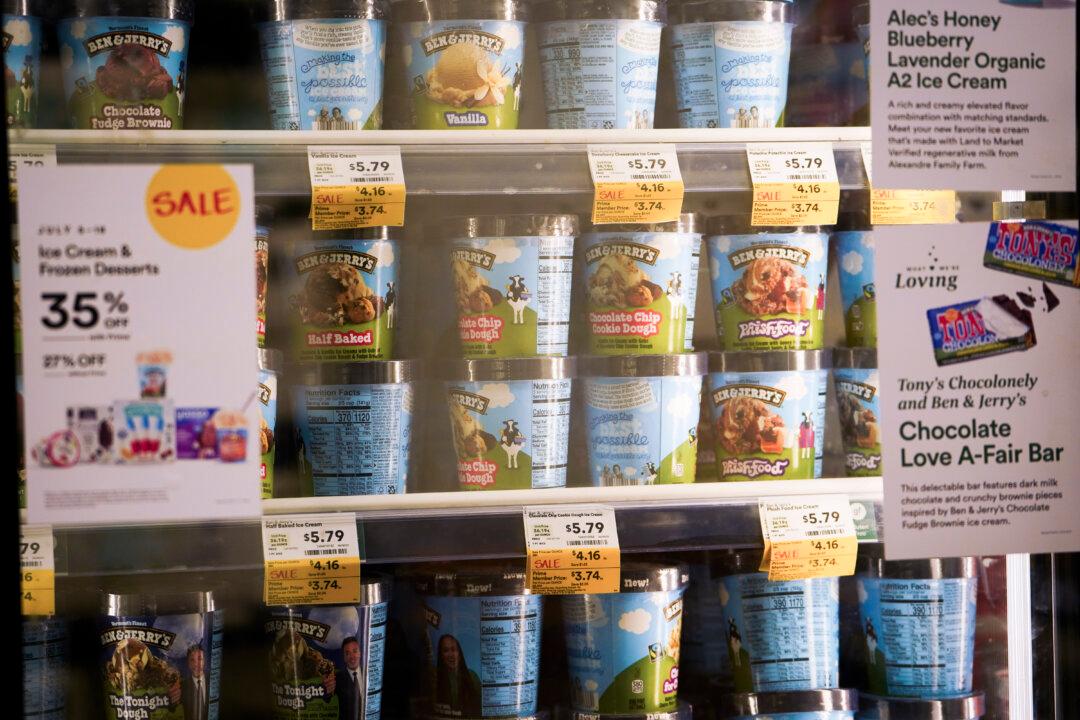Unilever, the parent company of Ben & Jerry’s, has agreed to comply with Russian conscript law, opening up the possibility that thousands of its employees in Russia could be sent to the war in Ukraine if called up.
In a letter to B4Ukraine, a global coalition of civil society organizations calling for foreign companies to leave the Russian market, Unilever said it was aware of the Russian law “requiring any company operating in Russia to permit the conscription of employees should they be called.” The consumer goods giant said it will “always comply with all the laws of the countries we operate in.”





